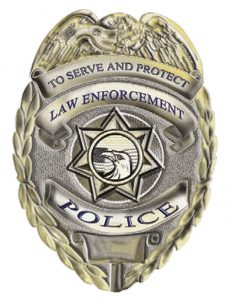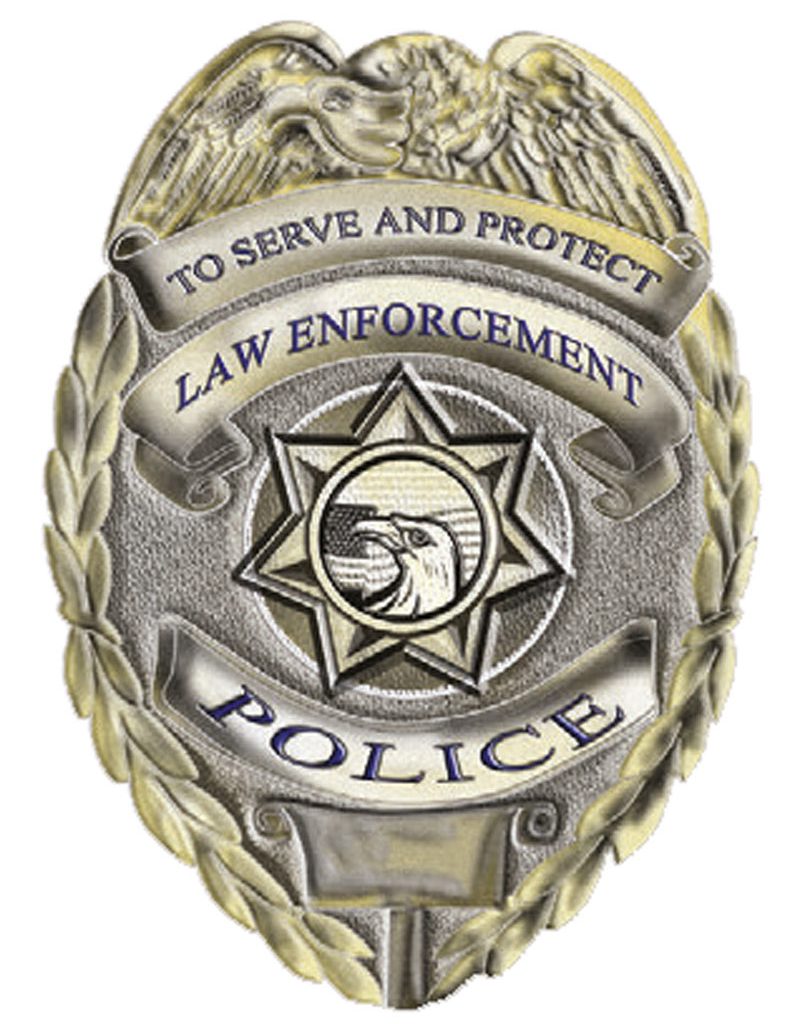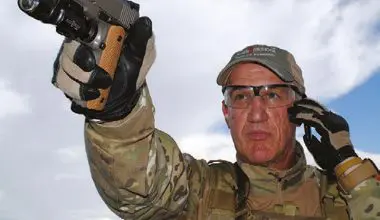THIS is for those of you who are not members of law enforcement. In a free democratic society, we are allowed to criticize and question those whom we place our trust in. This is how it should be. When an Officer Involved Shooting (OIS) is of a controversial nature and saturates the media all hours of the day, it brings into question the decision-making skills of the involved parties.
A highly negative incident places even greater burdens and stressors on those currently in the field in uniform who were not involved in the incident in an already demanding and exacting profession. Perhaps we should consider the following.

Imagine a doctor who is expected to have mastered each and every aspect of medicine. This hypothetical would mean that from brain surgery to pediatrics to podiatry, any diagnosis or medical procedure would have to be carried out to perfection every single time.
Imagine further that our doctor is called into the O.R. with little background information on the case itself. He may or may not have qualified personnel to assist him. He may or may not have the requisite tools to perform the procedure. He may or may not have sufficient background information on the patient’s history and precisely how it was that the medical condition was incurred. He will have to make split-second decisions involving the life of the patient.
If something goes awry, he will be questioned before medical panels and called upon to explain his actions. He may find himself in court on a medical malpractice lawsuit.
This is the nature of field police work. The true field police officer is the one who is always first on-scene. He is the one who is driving the squad car while you sleep. He is the first one by your side, sometimes alone and unassisted, in tense and uncertain times, and is often your only blue line of defense at that precise critical moment.
He is the one who, unquestioning, will lay down his life and hazard his safety for you, even though he has never met you before. He does not have to do this. He does not need to respond rapidly on limited information. He chooses to do this as it is the moral obligation he has sworn to abide by. It is his chosen profession and his intent to be there for you when it matters most.
The badge does not automatically instill superhuman powers or supernatural perceptive abilities. The field police officer is every bit as human as you and I. He has the same fears, trepidations, and human emotions as we all do. He has family and friends and problems in life. He may work long, tedious hours, day in and day out, and yet is called upon to make life-and-death decisions in the blink of an eye.
He does not know who or when or where someone might attempt to harm him. If it happens, it may be at the most unexpected time and under the most adverse conditions, and these may be the last moments of his life. When he ventures out to protect us, he is stepping into the unknown, every day.
There are those who have tarnished and abused the badge, and they should be held accountable to the highest degree possible. But they are few and far between. The majority will be there for you, attempting to do the right thing for the right reasons with little reward expected save for the satisfaction that they were there for you.
An officer’s actions will be microscopically scrutinized over an event that is oftentimes measured in mere seconds. He will have to account for every action, word, tactic, thought process, and perception that was set upon him from out of nowhere. He knows this every time he pushes out into the night, into the unforgiving unpredictability of the field. And yet he still chooses to go.
I was once among the ranks of those who swore to serve and protect you. I have lost friends, and others have been injured while doing just that. We knew the risks of our profession and yet we undertook them every day and hour when we were expected to.
Ours was a moral obligation, which we all embraced not for the pay or the prestige or the reward, but rather because this was our chosen profession, and it was the right thing to do. We took pride in a job well done. We took great satisfaction that some among you are still alive due to our actions.
We look back on careers that were uncertain, demanding, and hazardous, yet imminently satisfying. We know full well that some who follow us will perish, and yet others will still remarkably follow behind us.
The next time you encounter one who wears the badge, consider the obligation he or she has undertaken. If they are anything like the partners I worked with, they are there for you at all times, under all conditions, and will risk it all because morally it is the right thing to do.




